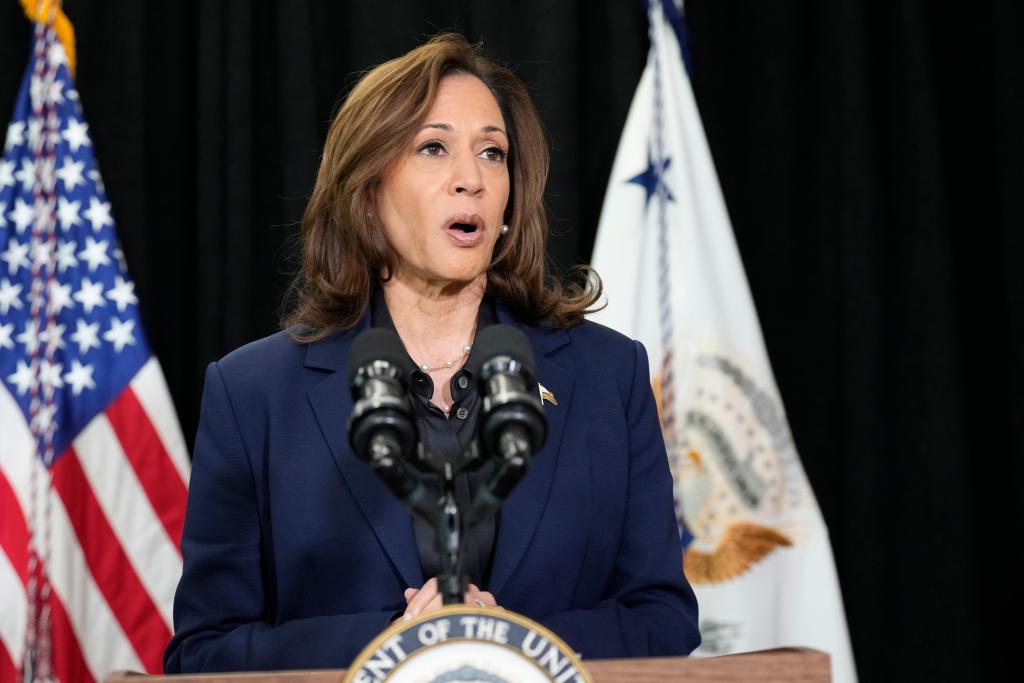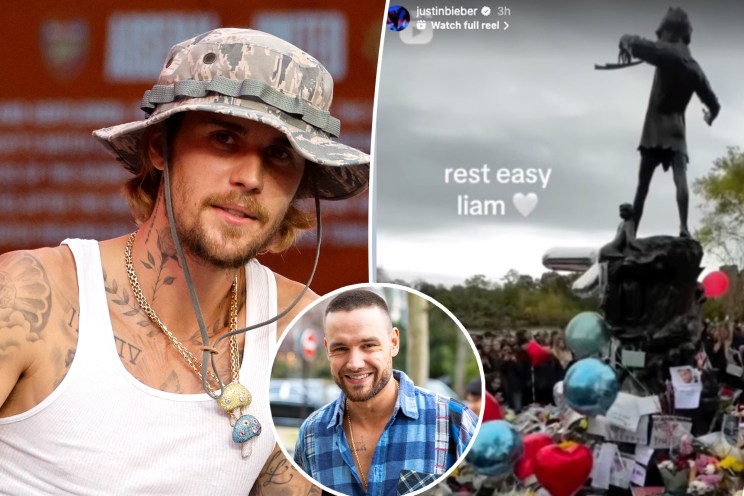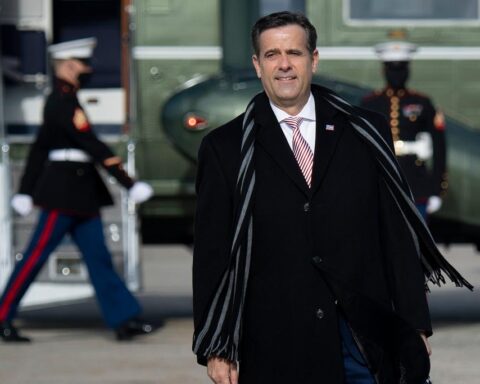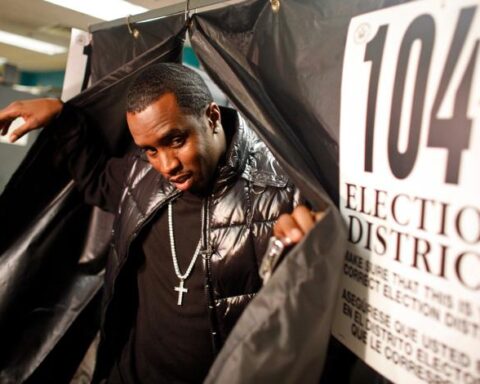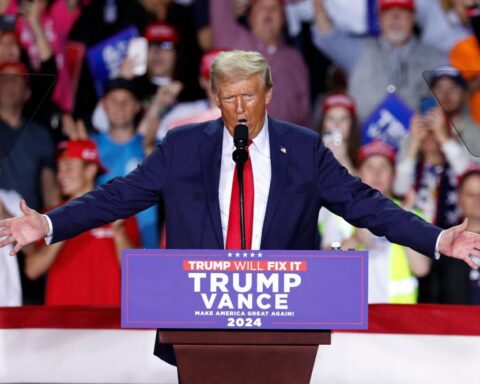Vice President responds to passionate outburst, sparking debate on U.S. stance toward Israel’s actions in Gaza.
During a campaign event at the University of Wisconsin-Milwaukee, Vice President Kamala Harris found herself at the center of controversy after agreeing with a protestor who accused Israel of committing genocide. The incident unfolded as Harris addressed a crowd when a pro-Hamas student interrupted her, shouting about U.S. funding for what he called “genocide.”
The protestor’s accusations referred to Israel’s military actions in Gaza, where the nation has been engaged in a protracted war with Hamas. Despite calls for him to stop, the student continued his outburst, stating, “19,000 children are dead, and you won’t call it genocide.” Security escorted him out as Harris responded.
While the vice president attempted to de-escalate the situation, she acknowledged the protestor’s concerns, stating, “Listen, what he’s talking about, it’s real,” before clarifying that the topic wasn’t the focus of her speech that day. Her public agreement with the protestor’s sentiment has led to a flurry of responses, particularly from pro-Israel voices.
Former U.S. ambassador to Israel, David Friedman, sharply criticized Harris’ comments, calling them “ignorant” and “malign.” He argued that her acknowledgment of the protestor’s accusation reflected an antisemitic view of Israel’s self-defense, further asserting that her comments disqualified her from holding public office.
The vice president has not previously suggested that Israel’s actions in Gaza amount to genocide. However, the remarks have reignited debates surrounding U.S. foreign policy, particularly its involvement in the Israeli-Palestinian conflict. Harris’ family has also been public about their support for the Palestinian cause, with her stepdaughter, Ella Emhoff, having raised funds for Palestinian relief agencies.
As tensions surrounding the conflict continue to rise, Harris’ acknowledgment of the protestor’s view has intensified public discussion on the role of U.S. leadership in addressing the humanitarian crisis in Gaza.



